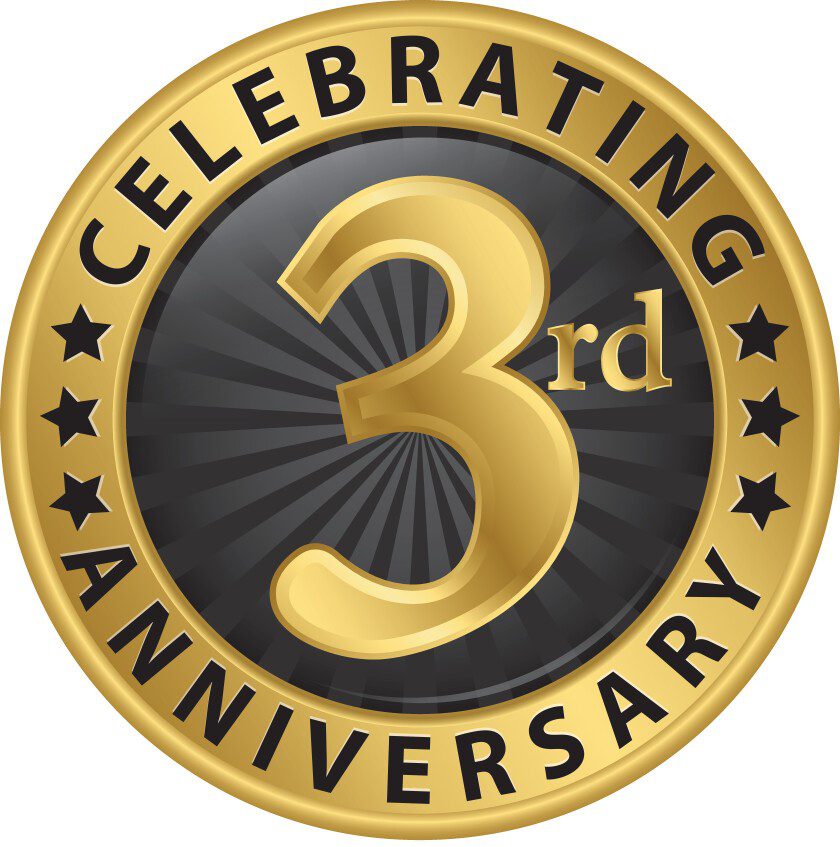Shiphrah and Puah were Hebrew midwives who briefly prevented a genocide. Exodus 1: 15-22
Shiphrah and Puah rushed towards the king’s palace in silence. Each was deep in thought, wondering why the King of Egypt would be interested in talking with two Hebrew midwives when there were dozens of women in the region steeped in Ancient Near Eastern obstetrical practices.
Midwives’ main duties, as described in Ezekiel 16:4, included cutting the umbilical cord, washing the screaming baby with water, rubbing the skin with salt, and wrapping the body in swaddling clothes.
Being midwives required study, training, clinical skill, and instincts, all of which Shiphrah and Puah either took advantage of or acquired in second-millennium BCE Egypt. Faith also played a key role for Hebrew midwives who understood that a woman in the throes of childbirth needed to surrender to a force that was larger than herself. The split-second choices given to a birthing woman as she and her baby ride through tidal-wave strength contractions in the womb were either to submit to its power in faith or to fervently fight.

Shiphrah in Hebrew means “to be fair” or “beautiful.” Puah is a Canaanite name that means “lass” or “little girl.” With the heart of a servant, the midwives reverently accepted their role to encourage a birth mother to “let go” and allow herself to become a conduit for the force to flow. In the care of a midwife, a woman learned that a normal and safe birth required her to trust in the natural process of labor. Afterall, birth is Godly in nature.
When the women arrived at the palace, Pharaoh got straight to the point:
“You will continue to help the Hebrew women give birth to their children,” he told Shiphrah and Puah in Exodus 1:16 ERV. “If a girl baby is born, let the baby live. But if the baby is a boy, you must kill him!”
The king was asking the impossible. Midwives back then were respected health-care professionals called meyalledet, meaning “one causes, helps birth” and had the status of experts in Israelite society. By providing emotional as well as physical support and assistance, midwives wielded the power to transform childbirth from what might be a negative experience to a positive one. To kill the male babies after delivery would crush the mothers physically and spiritually.
The women left the meeting without responding to Pharaoh, who didn’t count on their defiance or faith in God. He assumed his demands would be followed. He was king.
“But the nurses trusted God,” Exodus 1:17 ERV said, “so they did not obey the king’s command. They let all the baby boys live.”
For Shiphrah and Puah, God’s moral demands outweighed Pharaoh’s legal demands. Staging what some scholars call the first known incident of civil disobedience in history, the midwives fully knew that disobedience of Pharaoh’s decree meant death for them.
Pharaoh was in a bind. Egypt was in turmoil. This king knew very little of the Israelite Joseph who centuries ago had saved the nation during a famine. In ERV’s version of Exodus 1: 9-10, the king lamented: “Look at the Israelites. There are too many of them, and they are stronger than we are! We must make plans to stop them from growing stronger. If there is a war, they might join our enemies, defeat us, and escape from the land!”

Disgusted, Pharaoh called the women back to the palace and asked: ‘“Why did you do this? Why did you let the baby boys live?’” according to Exodus 1:18 ERV.
The nurses told the king in Exodus 1:19, “‘The Hebrew women are much stronger than the Egyptian women. They give birth to their babies before we can go to help them.’”
Exodus 1:20-21 said: “The nurses trusted God, so he was good to them and allowed them to have their own families. The Hebrews continued to have more children, and they became very strong.”
Pharaoh soon realized he could not depend on the Hebrew midwives so in Exodus 1:22, he “gave this command to his own people: ‘If the Hebrew women give birth to a baby girl, let it live. But if they have a baby boy, you must throw it into the Nile River.’”
While Pharaoh had more success with his own people following his instructions, his cruel command to kill baby Hebrew boys actually fell in line with the will and prophecy of God, known also as Yah. Shiphrah and Puah continued their holy calling, assisting Jochebed to deliver Moses and his sister Miriam. Because of the king’s command, Jochebed first hid Moses several months and then created a water-proof basket to put him in. Moses, whose name means dawn from the river, later became the leader of Israel ordained by God to lead the Jews out of slavery.
Today, every believer who obeys God’s commands, as these Hebrew midwives, should EXPECT deliverance from every enemy attack.

Written by TMCH and COH
Sources:
Limmer, Seth M.; Pesner, Jonah Dov (2019). Moral Resistance and Spiritual Authority: Our Jewish Obligation to Social Justice. CCAR Press. ISBN 9780881233193. Retrieved October 31, 2022.
Meyers, Carol. Midwife: Bible. Jewish Women’s Archive. June 23, 2021.
Shiphrah and Puah (2022, October 31).
In Wikipedia. https://en.wikipedia.org/wiki/Shiphrah_and_Puah
Zadok, Sarah. Midwives: Pioneers of Faith. Chabad.org



1 thought on “Women’s Work Saves a Generation”
Thank you for the auspicious writeup. It in fact was a amusement account it. Look advanced to more added agreeable from you! By the way, how can we communicate?